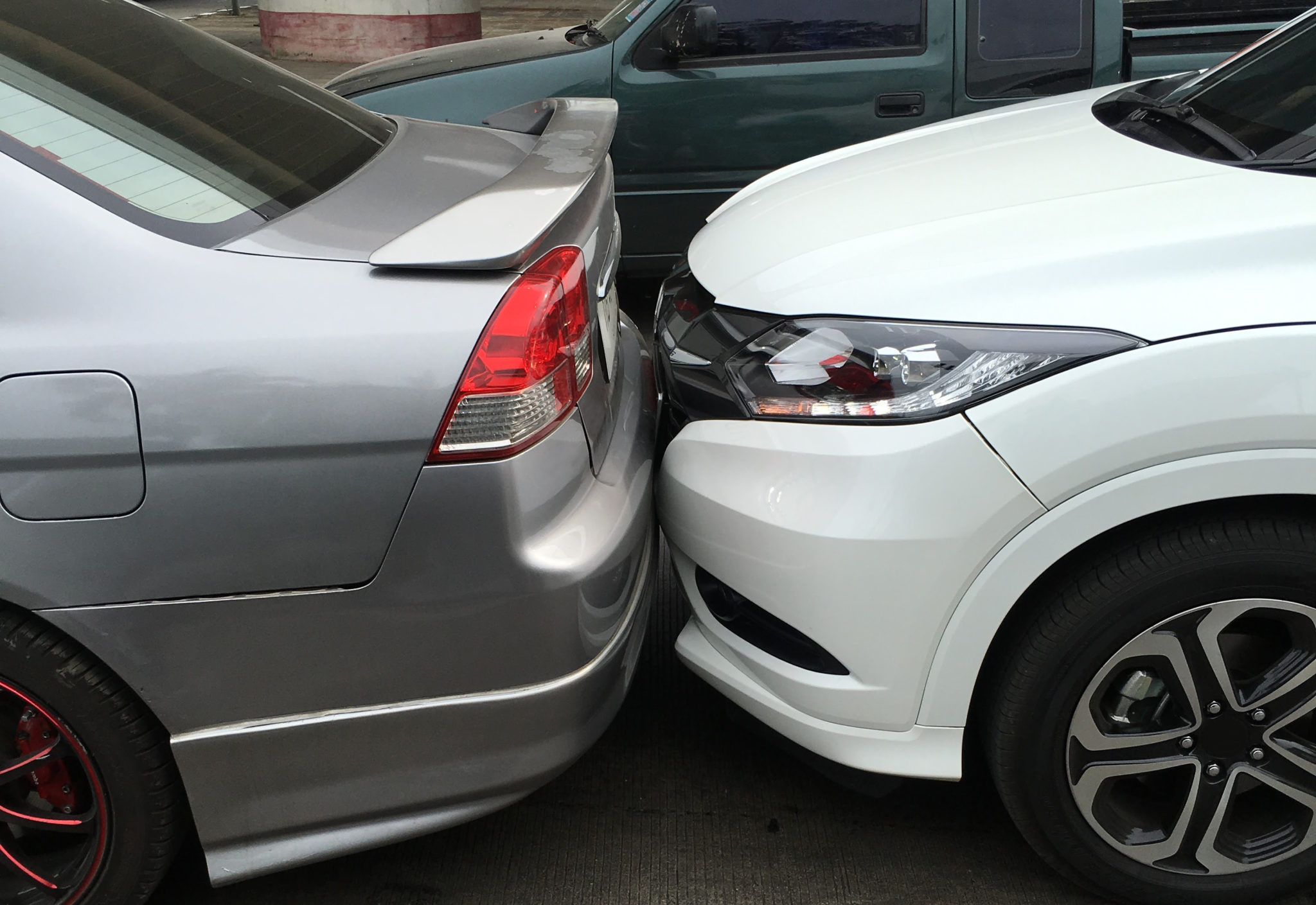
Deciphering between types of insurance coverage and picking out the levels of protection you want and need can be an exhausting process. Even if your driving record is pristine, you’ll still want to be covered in the event of an accident or mishap beyond your control. When it comes to coverage questions like “do I need collision insurance?” or “how much is this going to cost me?” it’s important to consider every angle and potential consequence and not just the bottom-line price.
What is Collision Insurance?
Collision insurance is coverage that will help pay for repairs to (or the replacing of) your vehicle should it sustain damage in an accident. For collision insurance to take effect, your vehicle must have been damaged by an accident with another vehicle, an object (e.g. a tree or telephone pole), or by way of a single or multi-vehicle accident. It does NOT cover damage sustained to your vehicle in matters unrelated to driving (e.g. hail, falling tree branches, theft, etc.) nor will it cover medical expenses for you or any other drivers or passengers involved .
What is Comprehensive Auto Insurance?
Basically, comprehensive auto insurance covers any sort of sudden damages on your vehicle that would NOT be covered by collision insurance. This would include damage sustained by hail, fire, natural disasters, deer or other animals in the road **, vandalism, and theft. Like collision insurance, comprehensive insurance does not cover medical expenses or damage to someone else’s vehicle.
**NOTE: Certain insurance companies have special provisions related to damaged caused by hitting an animal in the road, so you’ll want to check with your agent relating to your policy specifically.
How Much Does Collision/Comprehensive Cost?
Insurance costs are dependent upon several variables: type of car, your driving record and experience behind the wheel, your age, where you live, and so on. You’ll want to talk to an experienced insurance agent about specifics relating to cost (as well as what you can do to lower your premium). Both collision and comprehensive insurance involve a deductible—or the cost you’ll pay out of pocket before insurance takes over. Deductibles will typically be between zero and $1,000 and you can choose (with some limitations) the deductible amount that is right for you. Keep in mind that if you choose a higher deductible, your premium will be less. Alternatively , if you choose a lower deductible, that premium will be higher.
How Much Do I Receive If My Vehicle Is Damaged?
For minor damages that exceed the cost of your deductible, your insurance will cover the cost of repairs (minus your deductible) as quoted by your insurance provider or a reputable repair shop. Generally, insurance providers will set a maximum payout amount equal to the cash value of your vehicle (value minus depreciation). What this means is that if your vehicle is totaled out for whatever reason, your provider will cut you a check for what the vehicle would be worth just prior to the accident (again, minus your deductible) and you can put that sum toward a replacement vehicle of your choosing.
So, Do I Really NEED Collision Insurance?
While liability insurance—or insurance that covers damage and injuries caused by you—is required by law, comprehensive and collision insurance are not. Lenders and leaseholders do require that you purchase both as part of their loan agreements. So, if you’re still making monthly payments on your vehicle, you’re likely required by contract to have both. In contrast, if you own your vehicle outright, both collision and comprehensive coverage is optional. But keep in mind that owning and operating a vehicle without insurance is incredibly risky. If your vehicle is damaged or totaled out for any reason and you don’t have the proper coverage, any repair costs or new vehicle purchases will be coming right out of your own pocket. If you’d prefer to avoid such a sudden and sizable financial obligation, then purchasing insurance would certainly be in your best interest.

